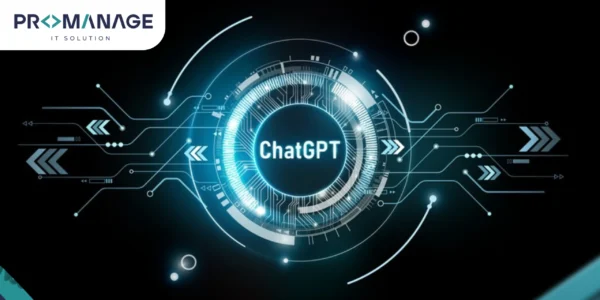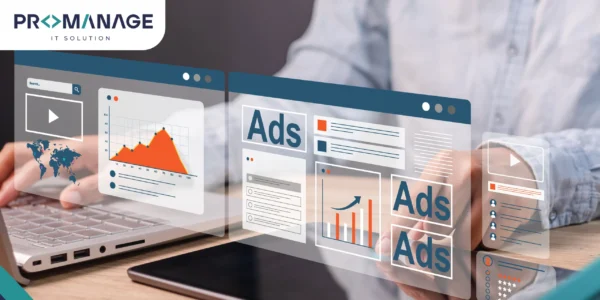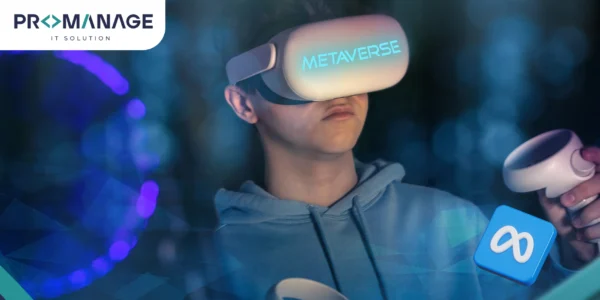Beyond Rankings: What BrightEdge’s Research Really Reveals About Google AI Overviews and ChatGPT

For years, digital marketers have obsessed over search rankings. Where does my brand appear on Google? How many blue links are above me? What about snippets, videos, and maps?
But here’s the reality check: the search game is mutating and not just because of AI-generated answers at the top of results. A new study by BrightEdge, using its AI Catalyst platform, shed light on a dramatic split in how Google AI Overviews (AIO), Google AI Mode, and ChatGPT surface brands. And the data makes one thing very clear: if you’re still optimizing like it’s 2020, you’re already behind.
Let’s break down the findings, what they mean for your visibility, and why the old SEO playbook won’t be enough in this new AI-powered discovery world.
Three AIs, Three Personalities
The BrightEdge study analyzed tens of thousands of queries across three platforms:
- ChatGPT: The LLM-driven conversational assistant.
- Google AI Overviews (AIO): Google’s generated summaries that appear directly in search.
- Google AI Mode: An experimental search format that delivers shorter, curated AI outputs.
You’d expect some consistency, right? Same queries, same answers. But instead, the study found a 61.9% disagreement rate in which brands were mentioned. Put differently, almost two out of three times, these AI systems did not agree on which brands to surface.
That’s not a minor quirk! That’s a signal of platform bias, driven by how each AI is designed and trained.
Why the Split Happens
The divergence is not random. It comes down to how these systems “think” about brands:
- ChatGPT: Runs heavily on training data. This means well-known, historically dominant brands pop up frequently, even if there’s no fresh citation. Think of it as an “authority echo” built into the model’s memory. If a brand is embedded deep enough in the training data, it becomes the default mention.
- Google AI Overviews (AIO): Obsessed with coverage. On average, AIO produces six brand mentions per query, 2.5x more than ChatGPT. Why? Because AIO is wired to pull in breadth from live web sources. If you can get into those source citations, you have a decent shot at being named.
- Google AI Mode: Highly selective. Mentions fewer brands overall, but when it does, those mentions come with weight. Think of this as quality over quantity. Being one of the few names in AI Mode carries strong visibility, but also a higher barrier to entry.
The takeaway? Each platform has a personality. If ChatGPT is the trusted storyteller, AIO is the enthusiastic researcher, and AI Mode is the minimalist editor.
It’s Not Authority: It’s Pattern Recognition
One of the more controversial interpretations of the study is BrightEdge’s use of the term “authority signals.”
Their view: ChatGPT favors authoritative brands because of trust and authority.
But here’s another way to look at it: LLMs don’t have a concept of authority in the SEO sense. Instead, they output based on patterns in training data.
- Frequency: How often a brand appeared in the training set.
- Prominence: Was the brand central to the content, or just mentioned in passing?
- Embedding strength: How closely the brand is tied to certain concepts in the model’s vector space.
That’s not authority; it’s statistical probability dressed up as authority. So yes, big brands benefit! But not because the model “respects” them. It’s because they’re everywhere in the data.
High-Intent Queries Still Win
Now, here’s some good news: despite the disagreement, commercial intent still rules.
When queries included terms like “buy,” “where,” or “deals,” brand mentions appeared 65% of the time across all platforms. That tells us AI systems recognize transactional intent, and brands are still central to fulfilling that need.
Even better, comparison-style queries like “best laptops” triggered 43% brand citations across the board. This means brands still have a fighting chance to show up when users are clearly in decision-making mode.
For e-commerce and finance, the numbers were even higher: 40%+ brand coverage across all platforms. No surprise there: These verticals thrive on structured, high-intent signals.
The “Citation Network Effect”

One of BrightEdge’s sharpest insights is the citation network effect.
Think of it like this: visibility on one platform can fuel visibility on others.
For example:
- A strong, detailed article might earn a mention in Google AIO.
- That same visibility reinforces recognition in ChatGPT, because the brand is now associated with the topic more strongly.
- Eventually, it may surface in Google AI Mode, where selectivity means fewer, higher-trust mentions.
This ripple effect means optimizing for just one platform is short-sighted. The smarter play is to engineer cross-platform validation, where content, coverage, and citations echo across systems.
SEO Isn’t Dead: It’s the Foundation
With all this talk about AI, you might think traditional SEO is irrelevant. Far from it.
The study reinforces that SEO is still the bedrock of AI visibility. Why? Because Google AIO is built directly on live search data. If your content doesn’t perform in traditional rankings, you won’t get pulled into the AI summary either.
For ChatGPT, the connection is fuzzier. It may cite from training data, but when live browsing is in play, it also pulls from current sources. Again, good SEO = better odds.
Even Google AI Mode, while selective, leans on external validation. If your site has strong content, backlinks, and authority, you increase your chance of slipping into that tight mention pool.
Bottom line: optimize for SEO, then layer AI strategy on top.
Why This Matters for Brands

The 62% disagreement rate isn’t a problem. It’s an opportunity.
In the old search world, visibility was linear: rank high on page one or disappear. In the AI world, visibility is multi-threaded: different platforms, different rules, different outputs.
Smart brands can exploit this. Instead of fighting for one ranking, they can pursue platform-specific triggers:
- Become the “trusted default” in ChatGPT.
- Capture multiple mention slots in Google AIO.
- Secure the rare, high-value placement in AI Mode.
This isn’t about winning everywhere. It’s about recognizing that AI is fracturing discovery paths, and those fractures create more doors to walk through.
Practical Implications
So what should businesses actually do? Without falling into checklist mode, here are the directional shifts implied by this research:
- Stop optimizing only for rankings. Start optimizing for brand mentions in AI systems.
- Content density matters. The more comprehensive your coverage, the more chances you have to be cited in AIO.
- Brand awareness campaigns matter again. ChatGPT citations reflect what’s “in the cultural water.” If you’re invisible outside your site, you’ll be invisible in AI.
- Selective mentions in AI Mode demand external validation. PR, backlinks, reviews: All contribute.
In other words: the AI era rewards holistic marketing, not siloed SEO tricks.
A Glimpse of the Future
We’re at the start of this curve. As AI assistants take center stage in discovery, the battle won’t be about page one! It’ll be about being named in the answer.
That’s a radical shift: from fighting for rank to earning mention.
And with three platforms already disagreeing 62% of the time, the fragmentation isn’t shrinking. It’s growing.
For brands, this means the playbook is evolving into an AI-native discovery strategy. A strategy that combines SEO, PR, brand-building, and content engineering into one integrated approach.
Final Word
BrightEdge’s research is a wake-up call: AI doesn’t agree on who matters.
ChatGPT, Google AI Overviews, and Google AI Mode are writing different brand stories. The winners will be those who understand each platform’s personality and adapt accordingly.
In the end, the 62% disagreement gap isn’t chaos! It’s an opportunity. The brands that lean in now will define what AI-native visibility looks like tomorrow.













SEO Team Lead
Preeti is a skilled SEO Team Lead passionate about boosting organic traffic and improving search rankings. She leads with data-driven strategies to help businesses grow online effectively.